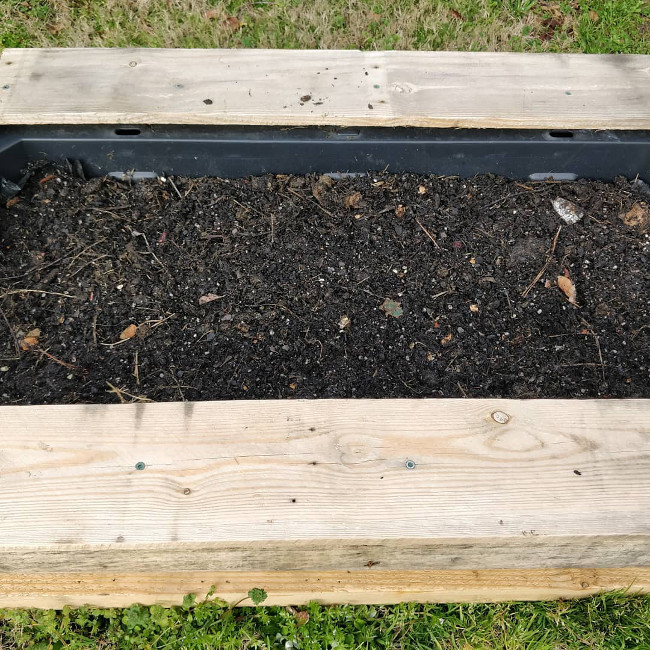The dirt on compost. If you don’t like to talk decomposition, stop reading now…I don’t want to…”soil” your appetite. Ok, ok…enough of that. Our daughter is way better at puns than I am. So, let’s get to it. Do you want to know how to turn your trash to something valuable? Today, we’re going to talk a little bit about composting!
First, Let’s Talk About Landfills

Sometimes we are so stuck in our own little worlds, that we don’t get the fact that our trash can is just on of hundreds to millions depending on the size of your city. Now imagine each can full to the brim with trash bags. Where does all of that trash go? To a land fill. And here’s the thing, sometimes we think, “Eh, it’s just food. It will decompose.” But that’s not always true.
The way a land fill operates, trash is compacted tightly so that more trash can fit. In some cases, no air gets to the food or other “biodegradable” objects. Decomposition takes air, microbes, and life in order to take place. So basically, all that stuff just gets mummified and goes no where for years. Also, you have all the chemicals, “juices” from food, water from rain…and it makes a kind of “soup” that can leech into the ground and contaminate it.
Things have changed over the years and huge steps have been taken to change the way we use landfills (you can read more about it here). The fact still remains that we as people are making way too much trash and us gardeners could use some of it to our advantage. Wouldn’t it make you feel a little better to know that you can keep some of your trash out of land fills and be part of a solution to a healthier environment all while growing nice fresh food?
Enter Composting!
There are three major types of composting.
- Backyard/Home composting
- Vermiculture
- Industrial composting
We are going to talk about the first two since they most likely apply to both you and me.
Backyard/Home Composting
This is one of the easiest ways to get started because it doesn’t take a whole lot of time or money. We started ours last year and it’s been a great experience. Creating this compost is as easy as taking all of your food scraps, grass clippings, leaves, coffee grounds or tea leaves, and cardboard/paper products and putting them in a pile, or a bin you either bought or constructed. Things you want to avoid putting in your compost bin or pile are meats/bone, cheese/dairy, or grease/oils. These things attracts animals and flies, and STINK when decomposing. Speaking of “stink”, I have also gone by the rule of making sure you have more “Brown” matter, like dried leaves, grass, and coffee grounds than food matter to help keep the smells down. For a list of things you can and shouldn’t compost, click here.

So, you know you need at least a pile or bin, and composting materials like grass clippings and plant based foods. What else do you need? You’ll need open space, so that air can flow through your bin or pile. It helps greatly if you turn your scraps in your pile with a pitchfork. Some bins you are able to manually spin (like ours until our daughter broke the handle, it’s still usable though). You’ll want open space so that your compost is easy to get access. Climbing over stuff is not going to be fun when trying to get your precious compost out for use.
Also, try to keep it in a semi-shady spot if you have a hard time keeping the compost moist. We have ours sitting out in the sun, but we also have been getting a lot of rain and if things get too dry, we can spray water on it since it’s near our garden. Which also brings me to this point, try to keep your bin or pile close to where you want to use the compost. No sense in having the bin in the front yard if your garden is waaaay in the back, right? That’s extra work and we want to work smarter, not harder!
When Will It Be Ready To Use?

Most compost, if all goes well, can take anywhere from 3 to 6 months to break down. Sometimes it can take up to a year. You’ll know it’s ready when it starts to smell like “earth” and is dark and crumbly.
Oh man, this is starting to get lengthy! It’s so much to write about and I haven’t even gotten to the vermiculture yet. How about this. How about we end it here for now. You decide if you want to take the jump into composting and let us know how it goes. I’m going to start writing part 2 of this talk about vermiculture. How does that sound?
Alright, later, ‘gators! And as always, thanks for reading!
~Deidra